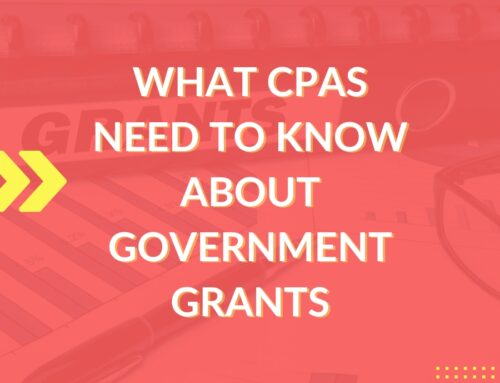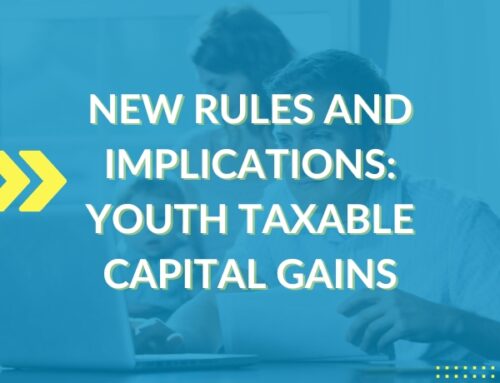Published February 15th, 2023
The International Financial Reporting Standards (IFRS), developed by the International Accounting Standards Board (IASB), provide a common global language for business affairs so that company accounts are understandable and comparable across international boundaries with an emphasis on transparency, accountability and efficiency. Annual updates to the IFRS standards are intended to improve financial reporting by providing more useful information to investors and other users of financial statements.
In Canada, new or amended IFRS only become part of Canadian General Accepted Accounting Principles (GAAP) when the Accounting Standards Board (AcSB) endorses them. As of December 2022, no modifications by AcSB have been made and IFRS must be applied without modification. No new standards or interpretations were issued during 2022 but, several revisions were approved and post-implementation reviews were completed.
This article provides a brief overview of the new IFRS effective January 1, 2023. For a more complete understanding of these updates, visit IFRS.org or register for our 2-hour course.
2023 Changes
The most significant update in 2023 is IFRS 17 – Insurance Contracts. This is a new standard that replaces the interim IFRS 4, Insurance Contracts, and provides guidance for the recognition, measurement, presentation and disclosure of insurance contracts. While this standard was issued in May of 2017, the amendments issued in June 2020 resulted in the effective date delayed to annual reporting periods beginning on or after January 1, 2023. This standard covers all insurance and reinsurance contracts issued and all reinsurance contracts held. It aims to remove inconsistencies across countries and industries.
Other changes include:
- Classification of Liabilities (IAS 1) – Based on rights in existence at the end of the reporting period and classified as current when:
- Hold liability for trading
- Expect to settle the liability in a normal operating cycle
- Liability must be settled within 12 months after the reporting period
- No right at of the reporting period to defer settlement for at least 12 months
- Accounting Policies and Estimates (IAS 8) – Entities sometimes have difficulty distinguishing between accounting policies and accounting estimates, especially when it relates to a change in a measurement method. This amendment clarifies the definition of “accounting policies” and introduces the definition of accounting estimate. “Accounting estimates are monetary amounts in financial statements that are subject to measurement uncertainty.”
- Disclosure Initiative – Accounting Policies (IAS1 and IFRS Practice Statement 2) – Builds on the definition of material by including the following considerations to determine whether information is material.
- Change in accounting policy during the year.
- There is a choice of permitted options.
- Relates to areas of significant judgement.
- The complexity of accounting for the transaction.
- Deferred Tax Related to Assets and Liabilities Arising from a Single Transaction (IAS 12) Applies when a transaction recognizes both asset and liability (e.g. lease, ARO) that does not affect accounting or tax profit. This amendment requires recognition of deferred tax in these situations when a transaction results in equal amounts of deferred tax assets and liabilities and narrows the scope of recognition exemption.
How AJAG Can Help
We pride ourselves on providing CPD that is relevant and timely for CPAs. Our
IFRS Update 2022 course is a 2-hour course that provides an update on key changes to IFRS standards over the past year, including IFRIC discussions and decisions. It focuses on the application of the standards to Canadian entities. This is a useful session for both practitioners and CPAs in industry.
AJAG has been delivering online and in-person PD content Canadian CPAs in practice and in industry for 20 years.
To help you stay up to date with your annual PD requirements, check out our full course listing HERE.






